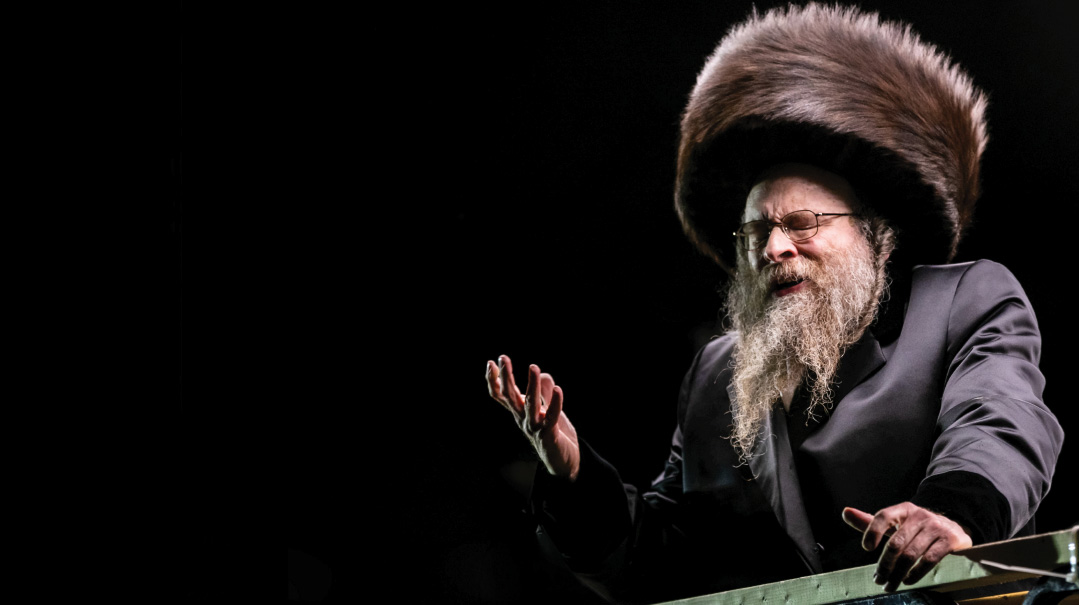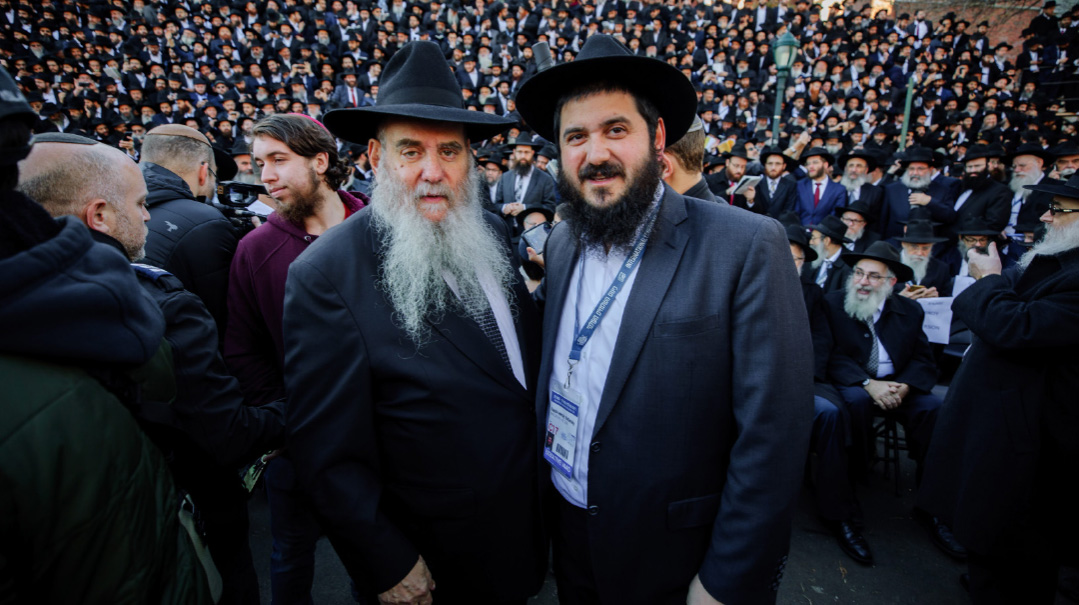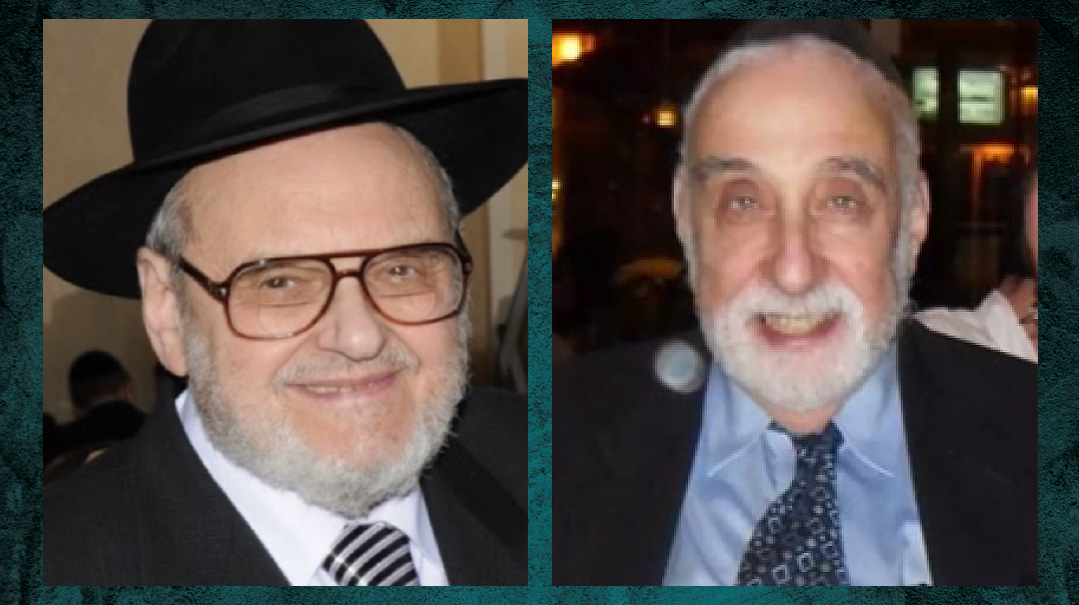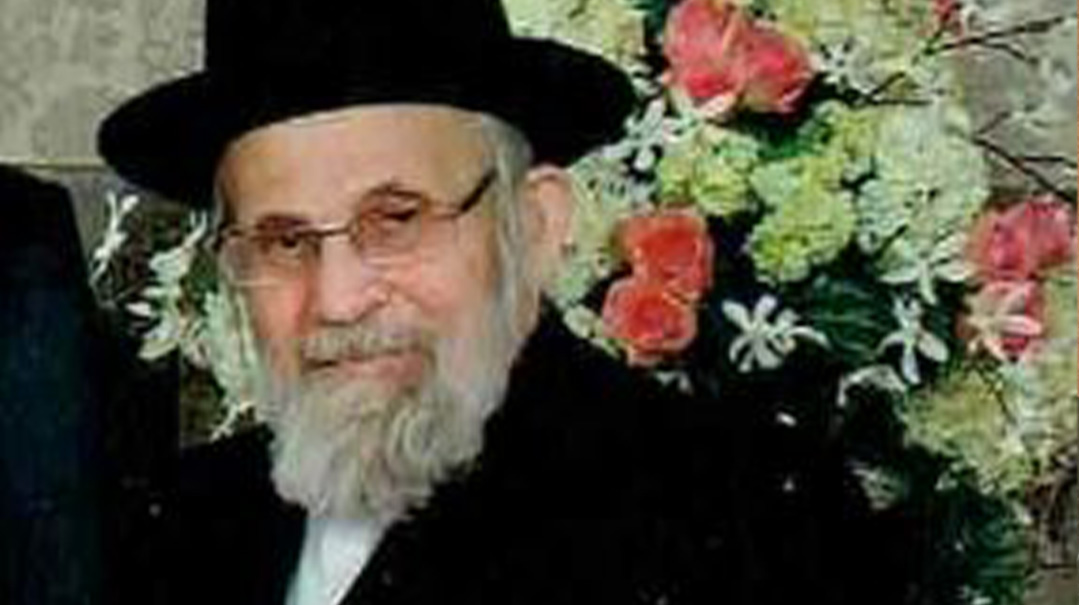Our Menahel, Rebbi, Personal Friend
| December 4, 2019Litvish, chassidish, or Sephardic. It made no difference to him. A Yid was a Yid, and was precious in his eyes
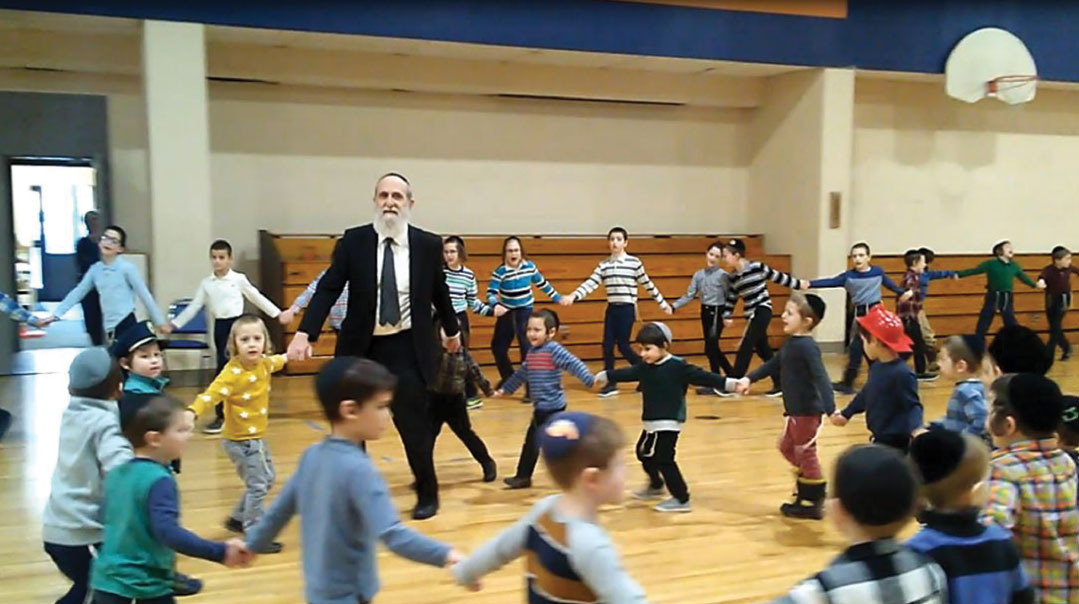
The sudden petirah of Rabbi Hillel Mandel ztz”l at age 62 three weeks ago left the entire Chicago kehillah reeling. As the numbness from the initial shock has worn off, we have become keenly aware of the enormity of our loss
The relationship I had with Rabbi Mandel ztz”l was multifaceted. On one hand, he was the menahel to four of my children. On the other, he was a role model and rebbi to me. In addition, he was a good friend.
Rabbi Mandel came to Chicago’s Veitzener Cheder ten years ago when my son Chaim began eighth grade. Naturally, I expected Rabbi Mandel to focus most of his energy on the younger grades. After all, they would be the ones to develop a more long-term relationship with him, while the eighth graders already had one foot out the door.
How wrong I was.
Rabbi Mandel valued and showed concern for every child. He called me up early in the year and told me that after observing my son, he had the perfect yeshivah in mind for him. He proceeded to tell me that this yeshivah was Mesivta of Lakewood. I, as a balabos from Chicago, wasn’t exactly on board with sending my son there.
When I expressed this to Rabbi Mandel, he looked me in the eye, acknowledged my reservations, and told me he had already scheduled a farher for my son.
Of course, Chaim ended up going there, and he flourished. All because Rabbi Mandel felt an achrayus to my son to find the best yeshivah for him, even though he’d only known him for one year.
This was my introduction to Rabbi Mandel, a man who loved and felt responsible for every child.
Yet it does not end with one son and one story. When it came to my next two children, who are now in Telshe Riverdale and Toras Chaim–Slamowitz in Lakewood, Rabbi Mandel also showed deep concern about finding the best places for them to grow.
Rabbi Mandel showed the same dedication to my youngest son, who is still at the cheder. In fact, this son felt so close to Rabbi Mandel that he would go to his office daily to work on the thousand-piece puzzle that Rabbi Mandel left sitting out. Most children try to stay away from the principal’s office, but my son felt comfortable hanging out there and spending time with his menahel.
Rabbi Mandel lived the cheder. For him, chinuch wasn’t a nine-to-five job, but 24/7. That being said, he always made time for his family. He often reminisced about the family vacations he had taken, driving to beautiful natural settings where he could spend quality time with his wife and children in a relaxed atmosphere. This was so important to him.
Rabbi Mandel used to describe to me how proud he was of his children, always homing in on their good qualities and seeing them in a positive light. There was never a negative word, only positive. As a parent, I saw from him how important it is to incorporate this into chinuch.
From early on, I started developing a relationship with Rabbi Mandel and getting his opinion on different chinuch concerns. As I learned over the last ten years, his opinion was always spot on.
In the cheder, Rabbi Mandel carried himself with a level of professionalism and authority befitting his position as menahel, yet outside the school, he was an anav, humble and unassuming. In the cheder he would sit up front for davening, but whenever I saw him in shul, he’d be modestly sitting in the back row.
We used to daven at the same Maariv minyan nightly, and I had the zechus of driving him home many nights a week. After arriving at his house we would sit in my car and schmooze, sometimes for as long as an hour. Those car rides were priceless. I learned so much from him that I considered him as much a rebbi as a friend.
Another attribute of Rabbi Mandel was emes. If he held something was the right thing to do, he did it. An incident I experienced with him was a great example of this.
A few years ago, my wife and I were honored by the cheder. When asked, we did not want to accept the offer, but we were eventually persuaded.
Around this time, I had planned to take my son out of school for an extended Shabbos. Usually, an institution puts an emphasis on keeping its honorees happy, yet in this case I found myself in Rabbi Mandel’s office, where he proceeded to give me mussar. He made it clear that it didn’t matter who I was, honoree or executive board member — cheder was an absolute priority, and taking my son out would get him suspended.
This endeared Rabbi Mandel to me even more, since once again he put aside politics and friendship to do what was best for a talmid in his cheder.
Rabbi Mandel used to frequently talk about Mashiach. We all daven for Mashiach, of course, but Rabbi Mandel yearned and longed for Mashiach, with full conviction that he could and would come at any moment.
Many bochurim from Chabad came to Rabbi Mandel’s levayah, and people wondered what close relationship he had with them that they felt compelled to attend. Rabbi Mandel used to tell me that on Shabbos he would stop into the Chabad mesivta, where he would talk and learn with the bochurim. He loved every Yid, whether litvish, chassidish, or Sephardic. It made no difference to him. A Yid was a Yid, and was precious in his eyes.
As Rabbi Mandel’s son said to me at the shivah, “For such a holy person, he was so normal.” He was able to relate to everyone, from roshei yeshivah to the downtrodden, each person in his own way and on his own level.
Now when I take three steps back at Maariv and see the empty space behind me, I really miss my menahel, my rebbi, and my friend.
Ari Maryles, a healthcare and real estate developer and investor, lives in Chicago, Illinois. He is a board member of various mosdos including Yeshiva Ohr Baruch and the Veitzner Cheder, and worked closely with Rabbi Mandel.
(Originally featured in Mishpacha, Issue 788)
Oops! We could not locate your form.






